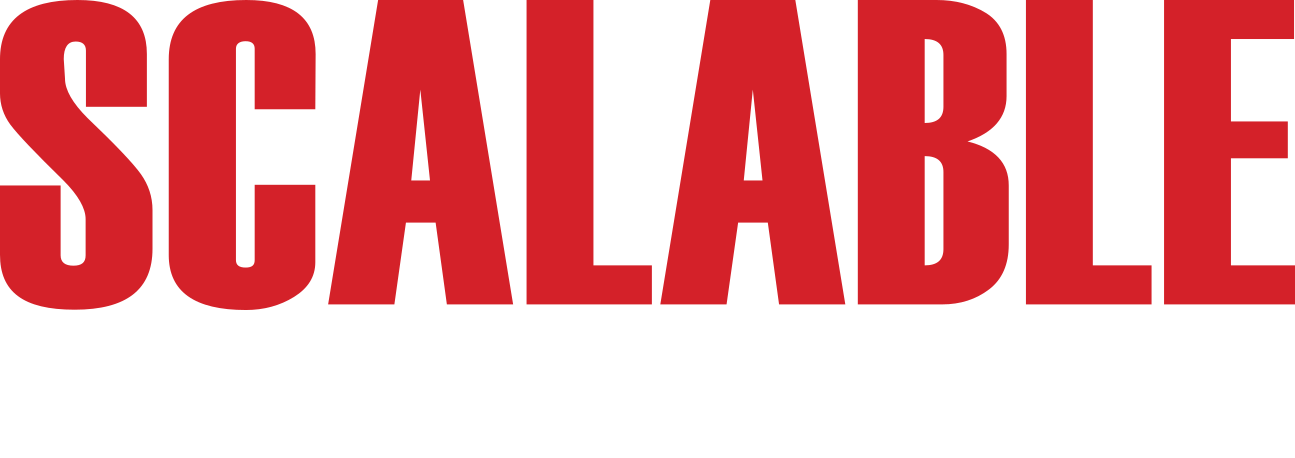Big Data stands as a transformative force, reshaping how medical professionals and institutions operate. By harnessing the vast amount of information generated within the healthcare ecosystem, from patient records to clinical trials, Big Data offers unprecedented insights that can lead to more personalized treatments, improved patient outcomes, and streamlined operations. This blog explores the profound impact of Big Data on healthcare, highlighting its potential to revolutionize the industry by enhancing decision-making, optimizing resource allocation, and ultimately providing better care at a lower cost.
Introduction
Healthcare, often perceived as a labyrinth of complexity, is on the brink of a transformative era, thanks to Big Data. As the industry grapples with increasing patient volumes, rising costs, and the demand for better outcomes, Big Data emerges as the key to unlocking unprecedented advancements. But what does it truly mean to leverage Big Data in healthcare, and how can it revolutionize the way we understand and manage health?
The Power of Data
Every second, the healthcare industry generates a staggering amount of data—from patient records and clinical trials to wearable devices and genomic studies. Traditionally, much of this data has remained siloed, underutilized, or simply too vast for conventional analysis. However, with the advent of advanced analytics, machine learning, and artificial intelligence, this data is now being harnessed in ways that were previously unimaginable.
Personalized Medicine: A New Frontier
One of the most exciting applications of Big Data in healthcare is the development of personalized medicine. By analyzing vast datasets that include genetic information, lifestyle factors, and treatment outcomes, healthcare providers can tailor treatments to the individual patient. This not only improves the efficacy of treatments but also reduces the risk of adverse reactions. For example, oncology has seen significant strides in creating targeted therapies that match the genetic profile of a patient’s tumor, leading to more effective and less invasive treatment options.
Predictive Analytics: Anticipating Health Trends
Big Data also enables predictive analytics, which can foresee health trends before they fully emerge. By analyzing patterns in patient data, healthcare providers can predict outbreaks, identify at-risk populations, and even forecast individual health trajectories. This proactive approach allows for earlier interventions, potentially saving lives and reducing healthcare costs. For instance, predictive models can help manage chronic diseases by identifying patients who are at higher risk of complications, allowing for timely and targeted care.
Operational Efficiency: Streamlining Healthcare Delivery
Beyond patient care, Big Data is revolutionizing the operational side of healthcare. Hospitals and healthcare systems are using data analytics to optimize everything from staff scheduling to supply chain management. By analyzing historical data, healthcare facilities can predict patient admissions, manage resources more efficiently, and reduce wait times. This not only enhances the patient experience but also reduces the strain on healthcare providers.
Challenges and Ethical Considerations
While the potential of Big Data in healthcare is vast, it is not without challenges. Data privacy remains a significant concern, as the collection and analysis of sensitive health information require robust safeguards to protect patient confidentiality. Additionally, the sheer volume of data can be overwhelming, necessitating sophisticated tools and expertise to extract meaningful insights.
Moreover, the integration of Big Data into healthcare systems requires substantial investment in technology and training, as well as a cultural shift towards data-driven decision-making. Ethical considerations also arise when determining who has access to this data and how it is used, particularly in ensuring that the benefits of Big Data are equitably distributed across all patient populations.
The Future of Healthcare
As we continue to crack the code of Big Data, the future of healthcare looks promising. With continued advancements in technology and analytics, we are poised to witness a revolution in how healthcare is delivered, from more precise diagnostics to personalized treatments and optimized operations. Big Data can improve individual patient outcomes and enhance the efficiency and effectiveness of healthcare systems worldwide.
In conclusion, the integration of Big Data into healthcare is not just an opportunity; it is an imperative. As the industry moves towards a more data-driven approach, those who embrace these changes will be at the forefront of a healthcare revolution—one that promises to make care more personalized, predictive, and efficient than ever before. The code is being cracked, and the possibilities are endless.
Read Whitepaper Data Powerhouse: Leveraging Big Data in Life Sciences
Want Better Data, Smarter AI, and Faster Decisions? Talk to us today!
Get in Touch
